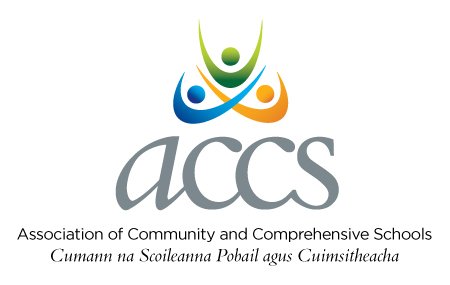Probationary Period
Last updated: Mon, Oct 3rd, 2016 9:34:44 am
Probation
All appointments made to permanent wholetime teaching posts are made on a probationary basis for a period of one year. This should apply whether the appointee is an entrant to the teaching profession or an experienced teacher transferring from another school except in cases of redeployment.
Appointments to Temporary Whole-time and to Regular Part-time teaching posts are usually for a fixed term or for a specified purpose. The application of the Unfair Dismissals Acts to such contracts of employment may be excluded if the termination of the contract consists only of the expiry of the fixed term without it being renewed and the contract:
is a genuine fixed term /specified purpose contract;
is in writing;
is signed by both parties, and
expressly provides that the Unfair Dismissals Act shall not apply to a dismissal consisting only of the expiry of the said term.
If the temporary whole-time appointment is for a period exceeding one year, the appointment may be made on a probationary basis for one year.
Once the probationary period is satisfactorily served, the appointment is deemed complete and the teacher should be informed of this in writing.
With regard to probation, it is essential that at the time of appointment a teacher is advised by the Board of Management in writing:
that the appointment is probationary;
the period of the probation;
the expectations related to the probationary service in terms of teaching competence/skills, discipline, relations with pupils and colleagues;
that service will be assessed regularly during the year of probationary service by the Principal in accordance with the expectations of the Board.
The Principal should conduct at least one probation review meeting with the teacher during his/her probation. This meeting should usually take place between two and three months after the commencement of the teacher’s employment. The meeting should discuss the teacher’s perception of his/her own performance and the challenges encountered during his/her first months in the post. It is the responsibility of the individual teacher to maintain professional standards and to engage fully with school management in remediating identified performance issues if and when they arise.
The Principal should give feedback to the teacher in relation to the teacher’s work and if necessary, identify any area where improvement is required of the teacher to satisfactorily complete the period of probation. If the Principal forms the view that the teacher is not meeting the required standards, the teacher would be advised at the probation review meeting that this might result in termination of his/her employment.
Induction
Boards of Management are advised to provide formal induction for newly recruited staff. Induction should cover:
Terms and conditions of the appointment, which, in accordance with the Terms of Employment Information Act, 1994, must be given to the employee within two months of appointment.
Rules and regulations (both Department of Education and Skills and in-house)
The professional codes of conduct set down by the Teaching Council
School procedures in respect of teacher/pupil relations, teacher/teacher relations and teacher/management relations
The School Plan
Teaching competence and skills required for the position
Many schools provide teachers with handbooks which contain details of procedures, personnel roles, calendar of events, etc. Boards may also decide to establish a support system, such as mentoring, and to organise an Induction Day for newly appointed teachers.
The Teaching Council is currently piloting a new Induction Programme (Droichead) for Newly Qualified Teachers (NQT).

